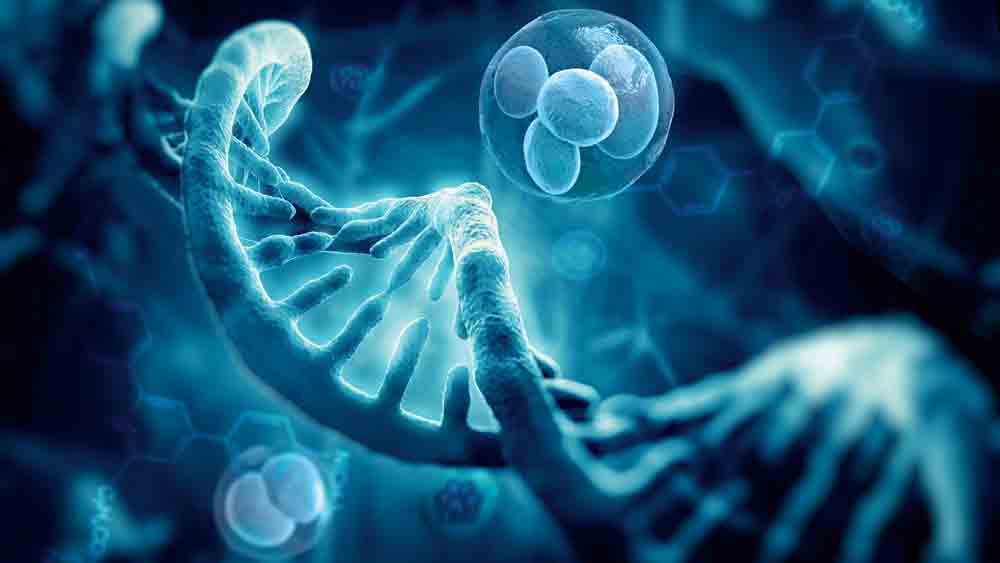Himachal Pradesh has become the "first state" to create a DNA database of unidentified bodies, an official said Monday.
The process was started in April last year and so far records of 150 DNA samples of unidentified bodies have been stored in the database, he said.
The database would help in identification of bodies which would turn out to be a big relief for the families searching for their loved ones and running from pillar to post with photographs and other details, Assistant Director (DNA), Directorate of Forensics Services, Junga, Vivek Sahajpal told PTI.
The DNA samples of the relatives would be matched with the data/samples stored in DNA profiling database and accurate details would be available within seconds, he said, adding that besides identification of bodies, the DNA database would go a long way in criminal investigation of heinous crimes, identification of disaster victims, missing persons and repeated offenders.
According to the police record, more than 100 bodies are recovered in different parts of the state every year which remain unidentified for lack of documents or identifiable articles found with them.
The identification of bodies would not only help the family members in performing the last rites of the deceased but would also help in nabbing the criminal in cases where crime led to death, officials.
DGP Sanjay Kundu had also written a letter to the Unique Identification Authority of India (UIDAI) to work out a mechanism to grant limited access for sharing Aadhaar data with the Himachal Pradesh Police for the purpose of identification of unidentified bodies.
If limited access to Aadhaar is provided, bodies could be identified by scanning biometrics of unidentified bodies and processing them with Aadhaar portal pre-existing biometric details, the DGP had reasoned.
The Directorate of Forensics Services, Junga had procured DNA profile databasing and matching technology (Smallpond TM software from USA) at a cost of Rs 55 lakh last year and the database is being prepared. It has a capacity of about 20,000 DNA profiles which can be scaled further, Vivek Sahajpal said.
"Private, local database of DNA profile information can be created and maintained with this facility which enables efficient matching of new DNA profiles with the existing ones. The State forensic science laboratory, Junga was the first lab to acquire this technology and the facility is at par with the international standards," he said.
Earlier, AIIMS Delhi, in collaboration with the Indian Council of Medical Research (ICMR), had started a pilot project called UMID (unidentified bodies and missing persons' identification and DNA database) and created a database of over 400 unidentified/missing persons.
Except for the headline, this story has not been edited by The Telegraph Online staff and has been published from a syndicated feed.










